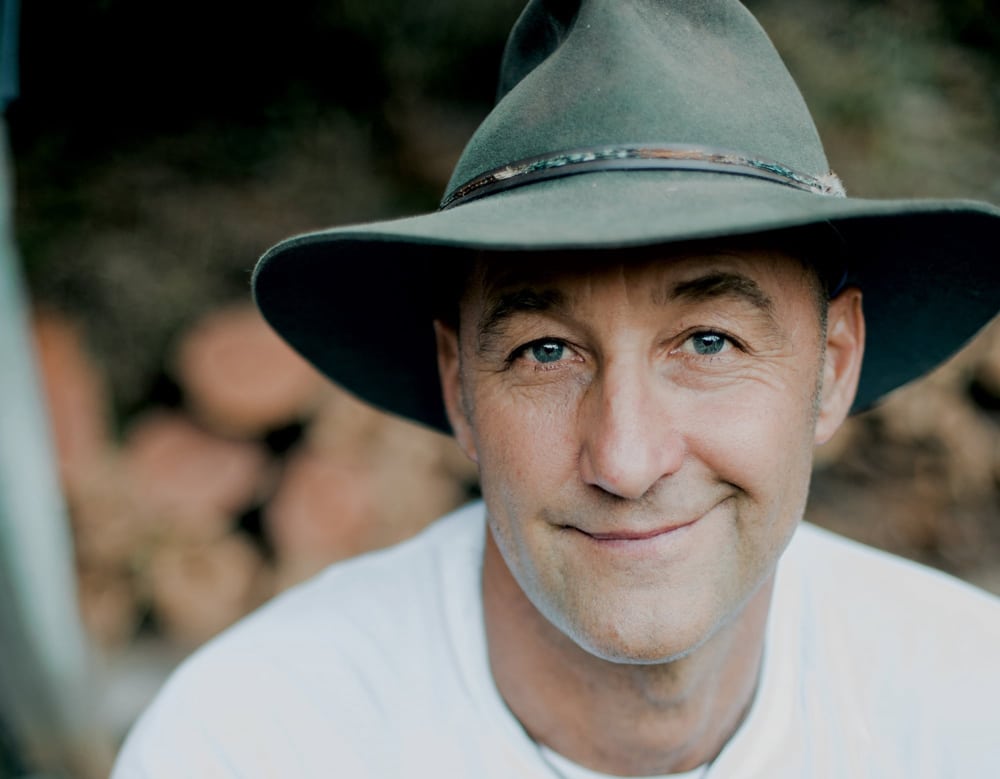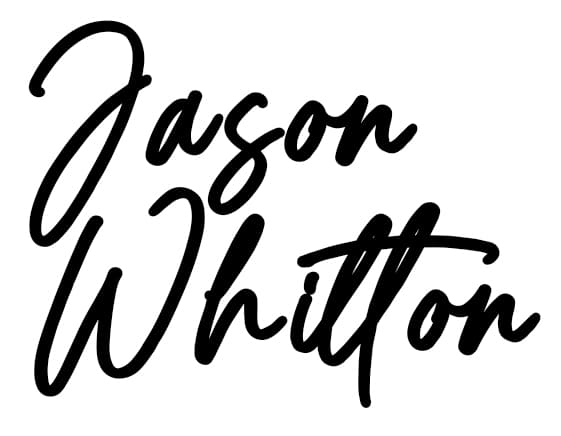
Dr Arne Rubinstein: Parenting Your Child Through Rites Of Passage
Figuring out how to navigate big transitional moments is tough for anyone – especially a child looking ahead into adulthood. Dr Arne Rubinstein has worked extensively in Rites of Passage to figure out just how we, as parents, can make this process a better, more fulfilling experience.
They’re the transitional phases of life we all go through, but oftentimes these Rites of Passage are overlooked leaving many of our young people scrambling at an incredibly crucial life-point. Dr Arne Rubinstein, a medical doctor, speaker and mentor says it’s in everyone’s best interest to get this pivotal stage right.
“When we do it well, it’s a really positive experience. But when it’s done badly and unfolds through grief and trauma, it actually creates more wounding and issues that people then have to deal with in the future,” says Dr Arne.
Traditionally, Rites of Passage have been used by Indigenous and Asian communities around the world to support their people from one stage of life to the next.
Through his years of research, Dr Arne realised that this framework is still relevant in modern society, particularly in times like helping adolescents transition to adulthood.
“A Rite of passage runs along a particular format,” Dr Arne remarks.
“That format has three stages. It allows a teenager to go through a transformation where ideally, they integrate back into society as young adults.”
WHAT EXACTLY ARE RITES OF PASSAGE
Dr Arne compares it to climbing the ‘staircase of life’.
“We’re all on a staircase and we move from being a baby, through adolescence and young adulthood, becoming a potential parent, grandparent, and elder,” Dr Arne says.
“There’s all these steps, and in an ideal world we move up those steps with awareness and through a facilitated process.”
That facilitated process is a Rite of Passage. For example, when children turn 18 they’re suddenly open to a whole new world of opportunities and independence. It’s an exciting time in a young person’s life, but it is likely a more terrifying time for the parents.
In order to have a positive experience with this Rite of Passage however, parents need to facilitate and simultaneously let go.
“Parents need to move to a different relationship with their children where it’s about being available and being in a more mentoring-type relationship. Because if they keep trying to treat their young adults like children, the kids are going to push them away, and it’s going to create conflict. “
RITES OF PASSAGE FROM ADOLESCENTS TO YOUNG ADULTS
Through his work, Dr Arne helps to facilitate this process using a particular framework of elements.
Sharing of stories
The part of this Rite of Passage starts with the sharing of stories. Giving teenagers a space to share with each other helps to create a community around them.
On top of that, asking them to hear the stories of elders – whether that’s their parents, grandparents or teachers – helps to broaden perspective and learning.
“It actually doesn’t matter what age you are. We all need a sense of belonging and we all need to be learning, so sharing stories has a hugely powerful effect.”
Discovering their vision
The next step is to get them thinking about the adult they want to become. How do they want to be in the world?
They also take the time to determine what their challenges are in life, and what things could stop them from being the adult they desire, which if facilitated well, Dr Arne says can be a powerful process.
“Imagine how incredible it is if a child or a young adult actually has a vision, and can recognise what their own challenges are, and have strategies for dealing with those challenges.”
Honouring their uniqueness
The final aspect of this Rite of Passage is for the young people to recognise that each of them is different, and they each have their own unique gifts and talents.
Of course, it’s not enough to just ask them to reflect on this alone. Dr Arne notes that one of the things we know about children is that they don’t often recognise their own gifts or don’t value them.
“We do a process called ‘honouring’,” Dr Arne says.
“This is where each of them sits on a chair, and either the parents, teachers or their peers tell each person what they admire about them, love about them, and the gifts they see in them.”
Through this activity they build a stronger sense of self and validation, encouraging them to break the mold that pressures them to conform.
HELPING OR HINDERING YOUR CHILD’S RITES OF PASSAGE
For all of us, Rites of Passage come with conscious choices, and it’s how we deal with them that can impact the rest of our lives.
However, helping to facilitate these important milestones in our own children’s lives can be the difference between incredibly positive or negative experiences for them as they grow into adulthood.
Start by understanding these transformative moments better and addressing them through the steps Dr Arne outlined above. The more you make yourself available and present through these times, the greater the experience will be for your child.
By Jason Whitton
Group CEO Positive Real Estate
As parents we’re all out here just trying our best to do right by our children, especially when it comes to showing them good, financial habits. If you’re looking to start investing for your own future or the future of your family, property investing is an incredible way to build passive income and lasting wealth.
You can learn all there is to know about making money from real estate at our free investing nights. Spaces are limited so don’t wait to book – click here.





